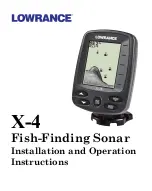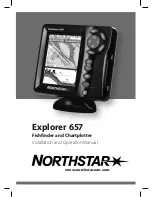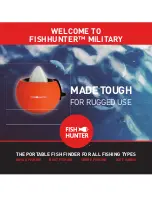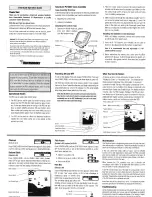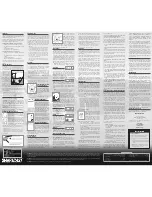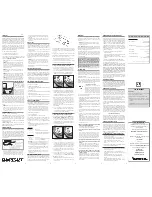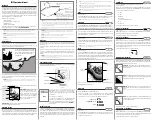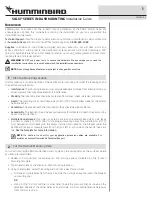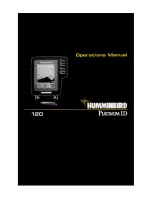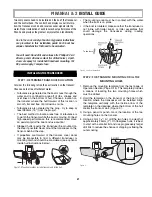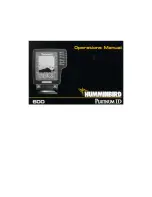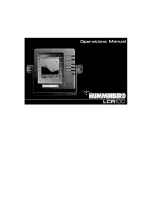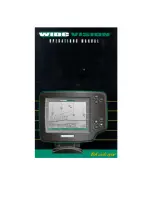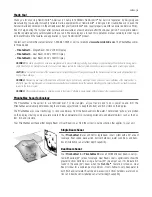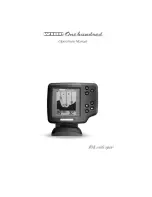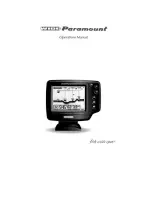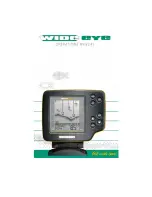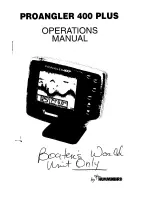
2
These are all "kick-up" mounting brackets. They help prevent damage if the
transducer strikes an object while the boat is moving. If the transducer does
"kick-up," the bracket can easily be pushed back into place without tools.
Read these instructions carefully
before
attempting the installation.
Determine which of the mounting positions is right for your boat.
Re-
member, the transducer installation is the most critical part of
a sonar installation.
NOTE:
The following installation types also call for these recommended
tools and required supplies that you must provide (supplies listed
here are
not
included):
Single-frequency transom installations
Tools include: two adjustable wrenches, drill, #29 (0.136") drill bit,
Phillips head screwdriver. Supplies:
high quality, marine grade
above-
or below-waterline sealant/adhesive compound.
Dual-frequency transom installations
Tools: two adjustable wrenches, drill, #20 (0.161") drill bit, Phillips head screw-
driver. Supplies: four, 1" long, #12 stainless steel slotted wood screws,
high
quality, marine grade
above- or below-waterline sealant/adhesive compound.
Single-frequency trolling motor installations
Tools: two adjustable wrenches, Phillips head screwdriver. Supplies:
plastic cable ties.
Selecting a Transducer Location
1. The location must be in the water at all times, at all operating speeds.
2. The transducer must be placed in a location that has a
smooth flow
of water at all times. If the transducer is not placed in a smooth flow of
water, interference caused by bubbles and turbulence will show on the
sonar's display in the form of random lines or dots whenever the boat is
moving.

